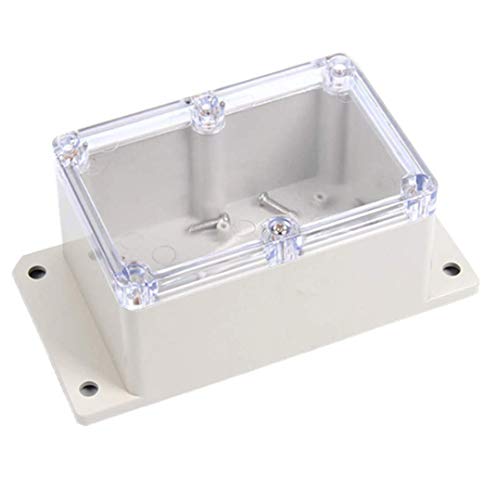Hi
I have no electrical qualifications.
I speak on behalf of a group of tenants. The cover plate to the 13A fuse switch supplying the communal electric convector heater, had cracked with burn marks. Heater is rated 2.8kw and was hard wired in to the fuse switch. Another device thought to be on the same circuit is a low voltage door entry intercom system, sharing the same trip switch on the landlord's consumer unit.
The landlord ordered the electrician to permanently disconnect the heater on the grounds it was a fire risk and to replace the fuse switch with a new one. The attending electrician said he had seen this happening on other fuse switches that might be cheap imports, in his opinion it was not a fire risk. Heater is 2 years old.
The landlord refused to re-connect the heater claiming tenants had abused the heater by turning it up. Tenants have received no notices from the landlord of such behaviour and communal electric bills have gone down over the last 2 years, resulting in a budget surplus, so tenants disagree.
Tenants are concerned no electrical tests were instructed by the landlord before the fuse switch was replaced, to establish a cause for it overheating.
Please could anyone advise if electrical testing was a requirement in this situation on the switch / heater/ circuit before changes were made and if so, under which regulation?
Thanks
I have no electrical qualifications.
I speak on behalf of a group of tenants. The cover plate to the 13A fuse switch supplying the communal electric convector heater, had cracked with burn marks. Heater is rated 2.8kw and was hard wired in to the fuse switch. Another device thought to be on the same circuit is a low voltage door entry intercom system, sharing the same trip switch on the landlord's consumer unit.
The landlord ordered the electrician to permanently disconnect the heater on the grounds it was a fire risk and to replace the fuse switch with a new one. The attending electrician said he had seen this happening on other fuse switches that might be cheap imports, in his opinion it was not a fire risk. Heater is 2 years old.
The landlord refused to re-connect the heater claiming tenants had abused the heater by turning it up. Tenants have received no notices from the landlord of such behaviour and communal electric bills have gone down over the last 2 years, resulting in a budget surplus, so tenants disagree.
Tenants are concerned no electrical tests were instructed by the landlord before the fuse switch was replaced, to establish a cause for it overheating.
Please could anyone advise if electrical testing was a requirement in this situation on the switch / heater/ circuit before changes were made and if so, under which regulation?
Thanks































































